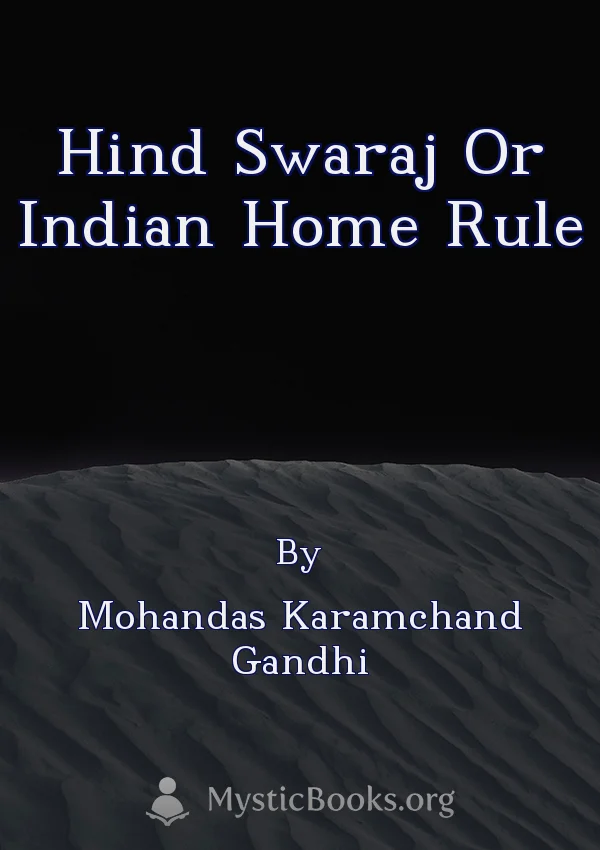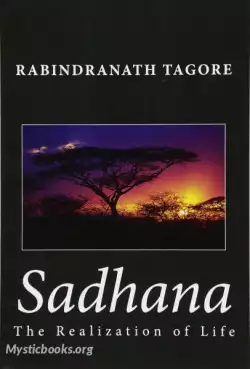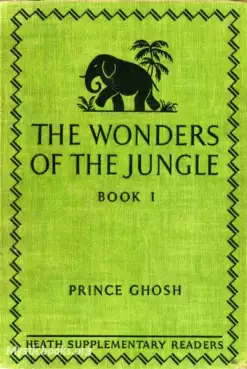
Hind Swaraj or Indian Home Rule
'Hind Swaraj or Indian Home Rule' Summary
Hind Swaraj, meaning 'Indian Home Rule,' is a dialogue between an Indian villager, the 'Reader,' and the author, the 'Editor,' who represents Gandhi's perspective. The Reader presents traditional arguments for obtaining independence through Western education, modernization, and even armed struggle. However, Gandhi, through the Editor, critiques these approaches. He argues that Western civilization, with its emphasis on materialism and violence, is inherently flawed and incompatible with true freedom. Instead, he advocates for a return to Indian values like simplicity, self-reliance, and non-violent resistance (Satyagraha). He believes that true freedom comes from within, through individual and collective self-transformation, not from external forces. Gandhi condemns the pursuit of material progress and Western education as corrupting and ultimately leading to dependence on the British. He advocates for a return to India's spiritual heritage and a simple life rooted in self-sufficiency. The book is a powerful call to action, urging Indians to reject colonial rule and embrace their own unique path to independence, guided by principles of non-violence and self-rule.Book Details
Language
EnglishOriginal Language
Published In
Download eBooks
Listen/Download Audiobook
- Select Speed
Related books

Influence of Sea Power Upon History, 1660-1783 by Alfred Thayer Mahan
Alfred Thayer Mahan's "The Influence of Sea Power Upon History" examines the crucial role of naval power in shaping global events during the 17th and...

Lucian's Dialogues Volume 4: Zeus the Tragedian by Lucian of Samosata
In "Zeus the Tragedian," Lucian of Samosata presents a satirical dialogue in which Zeus, the king of the gods, laments the growing skepticism and deni...

Max Havelaar by Multatuli
“Max Havelaar, of de koffij-veilingen der Nederlandsche Handel-Maatschappij” is in 1860 geschreven door Multatuli (pseudoniem van Eduard Douwes Dekker...

The Sadhana: Realisation of Life by Rabindranath Tagore
Sadhana is a collection of essays, most of which he gave before the Harvard University, describing Indian beliefs, philosophy and culture from differe...

Log-Cabin Lady by Anonymous
This book recounts the experiences of a young woman as she navigates the transition from frontier life to the refined society of the East Coast. Leavi...

The Wonders of the Jungle by Sarath Kumar Ghosh
How do elephants drink? What is the Law of the Jungle at the water hole? How does an elephant baby learn to feed and learn to swim? How do they walk u...

Under Six Flags: The Story of Texas by M. E. M. Davis
'Under Six Flags: The Story of Texas' by M. E. M. Davis chronicles the rich and complex history of Texas, spanning from La Salle's initial settlement...

Prophets, Priests, And Kings by Alfred George Gardiner
Alfred George Gardiner's 'Prophets, Priests, and Kings' is a collection of biographical essays focusing on prominent British figures from the late Vic...

Education of Henry Adams by Henry Brooks Adams
The Education of Henry Adams, published posthumously in 1918, is a deeply personal and intellectually stimulating memoir by Henry Adams. It chronicles...

Popular History of France from the Earliest Times vol 3 by François Pierre Guillaume Guizot
François Guizot's "Popular History of France" provides an engaging and accessible account of French history from its earliest origins to the mid-19th...
Reviews for Hind Swaraj or Indian Home Rule
No reviews posted or approved, yet...